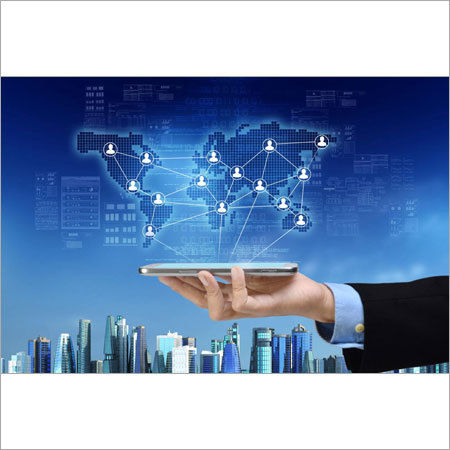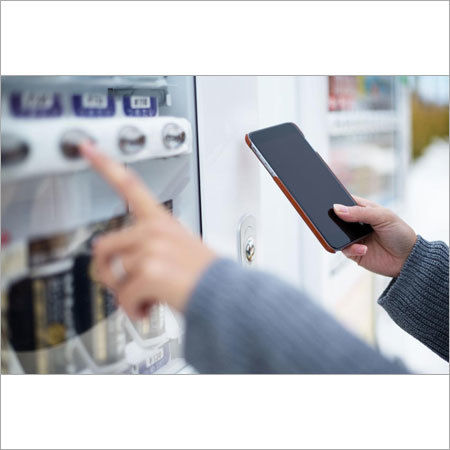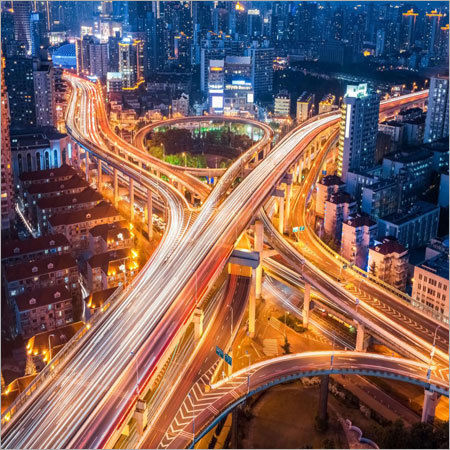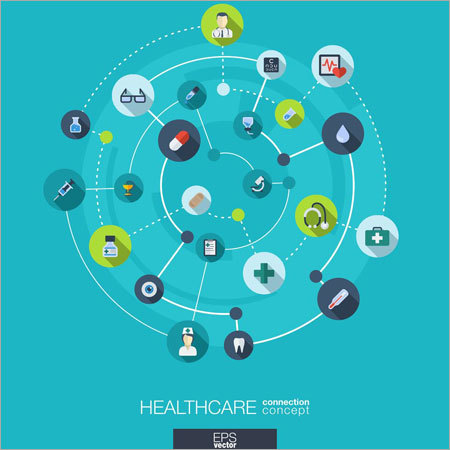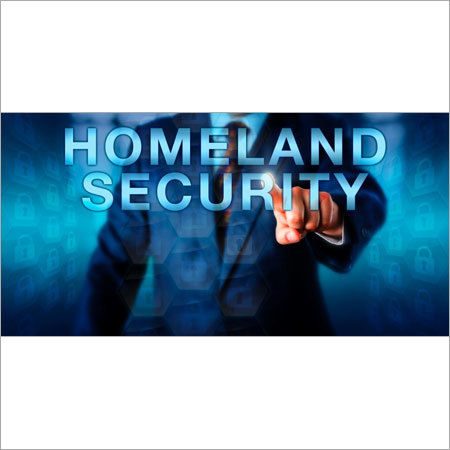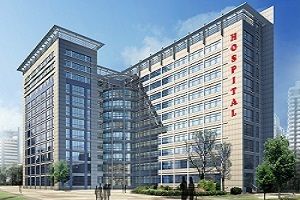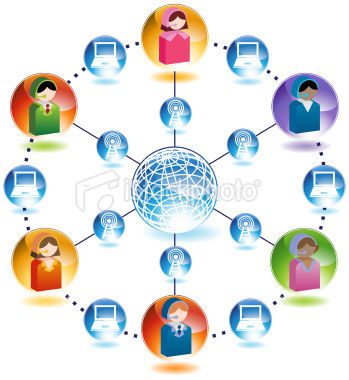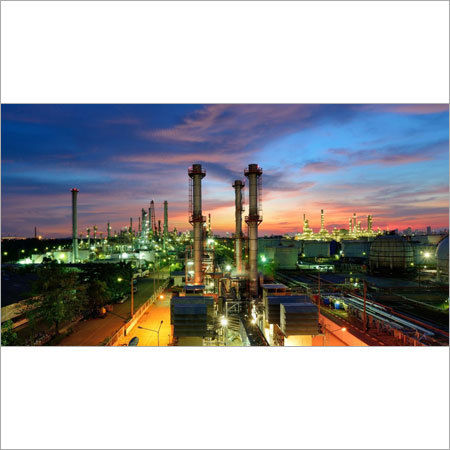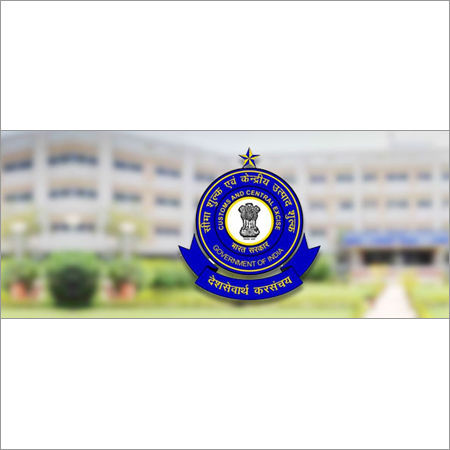There is no particular definition of Smart City yet. We define it as a City which is a complex super system, comprises on different subsystems, like neighborhoods, buildings complex, streets, apartments that are complex of rooms inhabited by people. In city, there are different number of inhabited systems are controlled in one super system. Various models have been developed by different entities such as Academy, research institutions, Technological services companies to create excellent smart models which suppose to give the better tools to deal with 21th century requirements. Information analysis- in order to have excellent decision making system and resources control and distribution, in order to give best lifestyle to the people There are different approaches and models to Smart City. The following is Dr. Boyd Cohens model, which specifies 6 major areas that make a Smart City, each based on 3 measurable parameters: Smart Environment. Smart buildings Resources management Urban planning and development. Smart Governing Online municipal services Infrastructure. Available and convenient Municipal bodies. Smart Economy Employment Opportunities Productivity Local and International connections. Smart Transportation Availability of different means of public transportation Clean (refers to green) transportation Integration of technological solution into the traffic infrastructure. Smart Way of Living Health services and control Security Culture life. Smart People Education system Creativeness Equal opportunities to all Title goes here! Smart Cities include monitoring and control of: Parking Electromagnetic field levels Infrastructure Energy consumption Roads condition Water supply Lighting Gas supply WiFi Sensor networks Traffic Security Noise pollution Education Air pollution Health-services Smartphones High speed internet services (Communications platforms)
